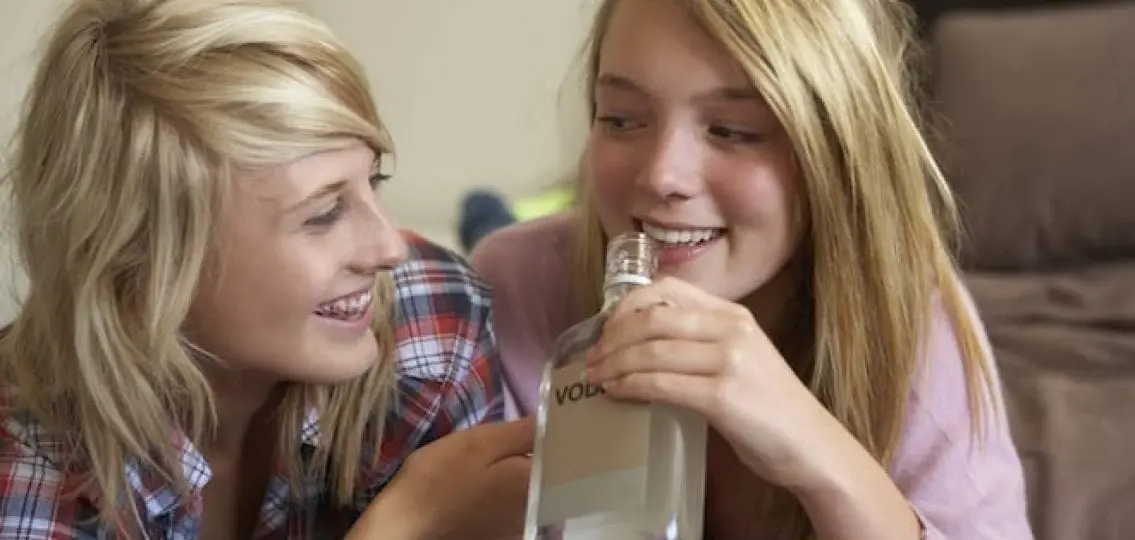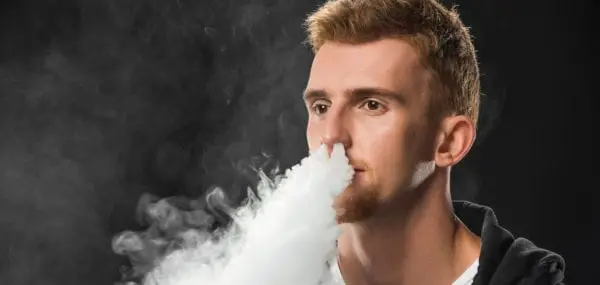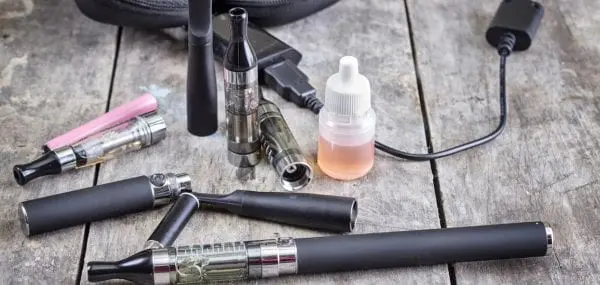When Kerri Zane gave her then 16-year-old daughter, Rachelle, the go-ahead for a New Year’s Eve party at their house, Zane made it clear — no alcohol. Still, one underage teen found a loophole. Unbeknownst to anyone, he stopped at a liquor store and gave a passerby money to buy beer for him. After guzzling it in Zane’s neighborhood gazebo, the teen became so intoxicated that he had to be rushed to the hospital before he even went to the party.
Zane learned about the underage drinking incident from the boy’s father. He called her in a rage, accusing her of supplying his son with the alcohol that nearly killed him. “It scared all of us,” says the single mom of two from Long Beach, California. The boy never even made it to her house. Still, she was implicated nonetheless and shaken.
“I felt terrible that this kid almost died from alcohol poisoning,” she says. Zane hasn’t had a teen party at her house since. It’s just too risky.
The Sober Reality: Alcohol Abuse Among Teenagers
You can’t blame her. Twenty-one may be the legal drinking age, but the law hardly deters teens. According to the Centers for Disease Control and Prevention, alcohol is the most commonly used and abused drug among young people in the U.S., more than tobacco and illicit drugs. In fact, 12- to 20-year-olds down 11 percent of all alcohol consumed. And, they tend to imbibe through bingeing multiple drinks in a short period of time.
Teens who drink are more likely to have problems in school, be involved in alcohol-related car crashes, participate in unwanted, unplanned, and unprotected sex, and abuse other drugs.
Underage Alcohol and the Teenage Brain
And, there are other long-term effects. The teenage brain is still developing, and teens who drink are five times likelier to abuse alcohol later on.
“Consuming alcohol at such a vulnerable time can permanently alter the brain’s circuitry,” says Joseph Shrand, M.D., a psychiatry instructor at Harvard Medical School and the Medical Director of CASTLE (Clean and Sober Teens Living Empowered) at High Point Treatment Center in Brockton, Massachusetts.
Moreover, teens are temporarily hard-wired for risk. “In adolescents, the amygdala (the part of the brain that’s responsible for impulses, feelings, memories, pleasure and addiction) is more in control than the prefrontal cortex (the part that’s responsible for thinking, problem solving, and anticipating the consequences of decisions),” Dr. Shrand says. “With a brain like that, it makes perfect sense that a teen would say, ‘Wow, I think I’ll just drink because being drunk feels great.’”
Tailor Your Talk to Your DNA
Still, because alcohol is easily accessible and drinking is legal after age 21, it doesn’t seem so bad. Some parents may even feel that way. “My kids have gone to parties at friend’s homes in which the parents are drinking along with everyone,” says Carol Barash, Ph.D., a mom of two from South Orange, New Jersey. But experts say this sends the wrong message. A better idea? Discourage your teen from drinking period. Here’s how to get that message across — even if you drink yourself — without sounding like a hypocrite.
Developmentally, teens need to break away from their parents. But, they don’t cut all ties. They’re still listening even when they don’t seem to be. So, start talking about alcohol if you haven’t been already. What you say will depend on your DNA. If you have a personal or family history of alcohol problems, Joseph Lee, M.D., Medical Director of the Hazelden Youth Continuum in Plymouth, Minnesota and author of Recovering My Kid, recommends that you take a hard line. “We have alcohol addiction in our family so we have to be careful about drinking. That’s why I don’t drink, and you shouldn’t either.”
If that’s not the case and you enjoy an occasional glass of wine with dinner, Dr. Shrand recommends you explain how the adult brain isn’t as susceptible to the hazards of alcohol as the teen brain. And, underscore that you’re just having one drink, not getting smashed every night.
Listen Up
To help teens cope with the peer pressure to drink, you should listen and ask thoughtful questions without any judgment. For example, if your teen says, “I saw this kid get so drunk at a party that he threw up on someone,” you might say, “What was that like for you?” instead of “Why did you go to that party?”
“Be nonreactive and expect the worst of news,” says Rick Meeves, Ph.D., Director of Clinical Services for Adolescents at CRC Health Group in Orem, Utah. Letting your teen use you as a sounding board with a little guidance thrown in — such as “Yes, that’s what happens when you drink way too much” — can help your teen come to his own conclusion about how to conduct himself and curtail the urge to rebel, Meeves says. An additional bonus is that your teen may feel more comfortable coming to you with future problems.
Have a no-questions-asked policy. If your teen drinks anyway, have an unwritten contract that she will call you and you’ll go get her, no questions asked, instead of drinking and driving or getting in a car with someone who has been drinking.
“It has to be crystal clear that you’re not going to pick up your kid angry or punish her for doing the right thing, like calling you,” Dr. Shrand says. “You can have the conversation about the teen drinking part later. But first, keep your kid safe.”
When to Worry
While some teens may experiment with alcohol and stop, others can become dependent. A change in friends, physical complaints, a decreased interest in school, a drop in grades or withdrawing from the family are all signs that your child may have an alcohol problem. Consult your teen’s pediatrician to rule out underlying medical issues and get a referral to a child or adolescent psychiatrist specializing in alcohol dependency.




